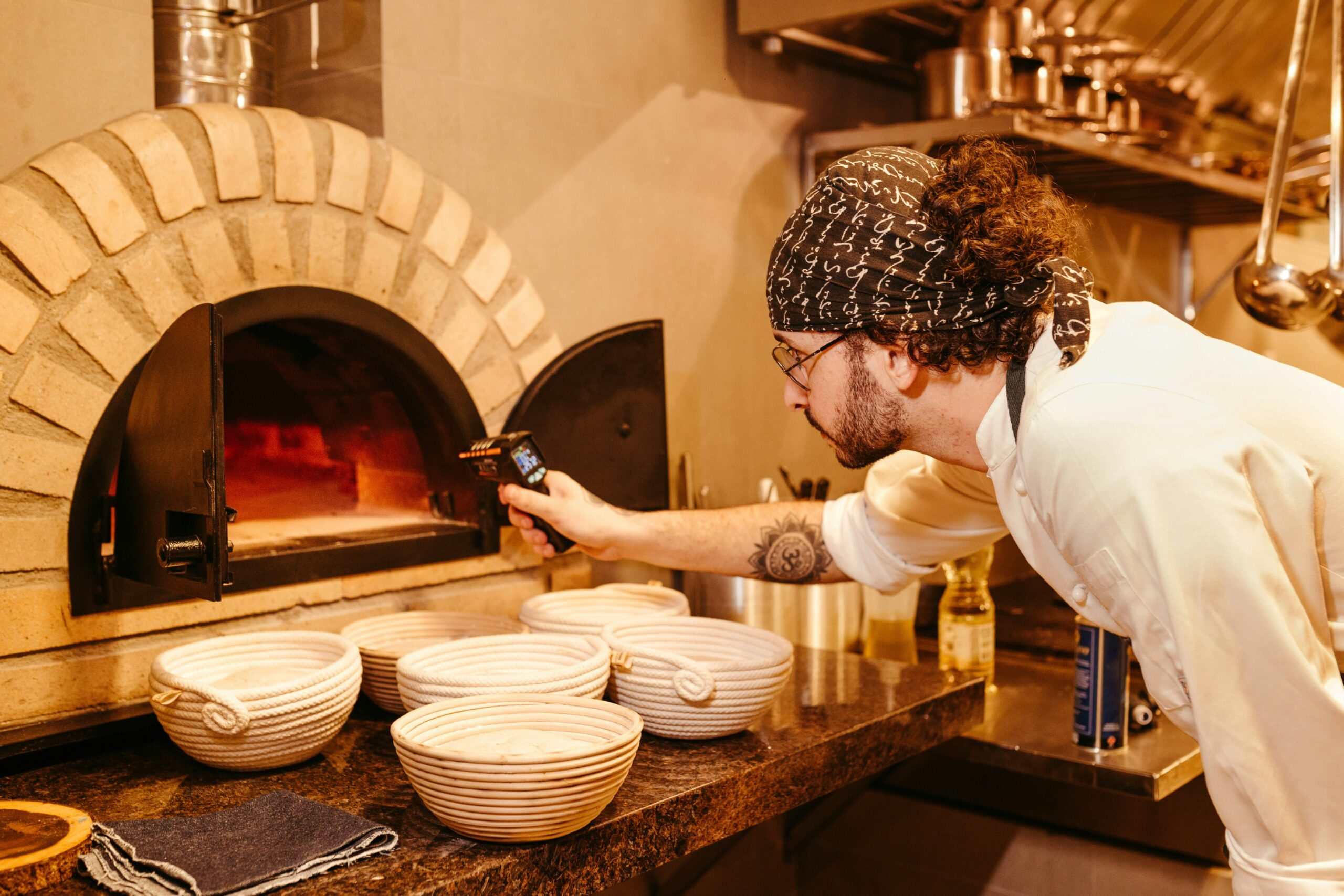
The key to cooking like a pro begins with choosing fresh and quality ingredients. Whether you’re using fruits, vegetables, meats, or spices, their freshness and quality will significantly impact the outcome of your dish. High-quality ingredients naturally have better flavors and textures, which makes it easier to create memorable meals.
For example, opt for seasonal produce as it tends to be fresher and more flavorful. Fresh herbs, such as basil or parsley, can also enhance your dishes, adding a level of freshness that dried herbs cannot match. While it may cost a little more, investing in top-quality ingredients will reward you with better-tasting food and the confidence to experiment in the kitchen.
Focus on Knife Skills
A professional chef knows the value of sharp knives and proper cutting techniques. Learning how to chop, slice, and dice efficiently not only improves the look of your dishes but also saves you time in the kitchen. Sharp knives allow for precise cuts, reducing the effort it takes to chop and making cooking much smoother.
Practice cutting different types of produce and proteins, paying attention to the size of the cuts. For example, uniform vegetable pieces ensure even cooking, while the proper knife technique makes sure you’re not wasting any ingredients. You don’t need a fancy set of knives, but maintaining sharpness is crucial for both safety and efficiency.
Get Comfortable with Cooking Methods
Mastering different cooking methods is essential for becoming a better home chef. Whether you’re grilling, sautéing, or slow-cooking, each technique serves a purpose and should be understood in detail. Knowing when to use high heat for searing and when to use low heat for simmering is key to achieving the best results.
Take the time to learn basic methods, such as pan-searing for meats or blanching for vegetables. For example, searing a steak over high heat locks in the juices and enhances its flavor, while slow-cooking meats allow them to become tender and full of flavor. As you gain experience with different techniques, you’ll feel more comfortable improvising in the kitchen.
Seasoning is Everything
Seasoning is one of the most powerful tools you have in the kitchen. Professional chefs know that the right balance of salt, pepper, and spices can elevate a dish from ordinary to extraordinary. Salt is the most critical seasoning, as it enhances the flavors of both savory and sweet ingredients.
Experiment with different herbs and spices to add depth and complexity to your cooking. For instance, a pinch of garlic powder or cumin can enhance a soup, while fresh lemon zest can brighten a salad. Don’t forget to taste your food as you go, adjusting the seasoning until you’ve reached the perfect balance.
Pay Attention to Cooking Temperature
Temperature control is crucial when it comes to cooking. Whether you’re baking, frying, or simmering, it’s essential to be aware of the correct temperature for each dish. For instance, searing meats requires high heat to create a crispy, flavorful crust, while low heat is necessary for simmering delicate sauces or slow-cooking meats.
An instant-read thermometer is an invaluable tool for ensuring your meats are cooked to perfection. Overcooking or undercooking can ruin a meal, so always keep an eye on the temperature to avoid any mishaps. Understanding how heat affects different ingredients will improve the texture and taste of your dishes.
Don’t Forget the Art of Plating
Presentation plays a vital role in how we enjoy food. The way a dish is plated can make it look more appetizing and enhance the overall dining experience. Professional chefs spend time thinking about color, texture, and composition when presenting their food.
When plating, consider using different heights and colors on the plate to create a visually appealing presentation. For example, a vibrant green vegetable next to a golden-brown roasted meat creates a visually appealing contrast. Garnishing with fresh herbs or a drizzle of sauce adds elegance and gives your dish a polished look, even if it’s a simple home-cooked meal.
Meal Prep for Efficiency
Meal prepping is a pro tip for saving time and reducing stress in the kitchen. By prepping ingredients or even full meals in advance, you’ll streamline your cooking process during the week. Spend a few hours on the weekend chopping vegetables, marinating meats, or making sauces so that all you have to do during the week is assemble and cook.
This approach not only saves you time but also helps you avoid last-minute trips to the store. Meal prepping ensures you have all the necessary ingredients ready, reducing the temptation to resort to takeout or processed foods.
Keep Practicing and Be Patient
Becoming a professional-level home chef doesn’t happen overnight. It takes practice, patience, and a willingness to learn from mistakes. Don’t be discouraged if things don’t always turn out perfectly. Instead, view each cooking session as an opportunity to improve and refine your skills.
Try new recipes, experiment with flavors, and ask for feedback from friends or family. Over time, you’ll build confidence in the kitchen and find your style. The more you cook, the more intuitive the process will become, and the closer you’ll get to cooking like a true professional.
With these tips in hand, you’re well on your way to unlocking your full potential in the kitchen. Whether you’re preparing a weeknight dinner or hosting a dinner party, these strategies will help you create delicious, restaurant-quality meals right at home.